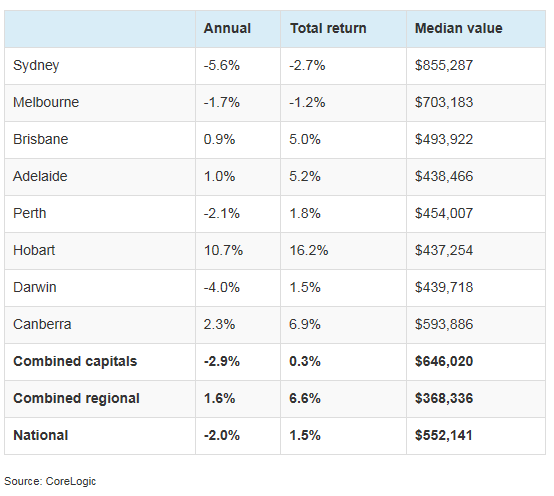PROTECTING YOUR FAMILY
Posted on December 10, 2018

The holidays are traditionally a time to relax and reflect on the importance of family. They are also an opportune moment to think about how you can care for and protect your family all year round.
When you are enjoying the summer break with your loved ones, it can be hard to imagine anything could ever go wrong. But life is unpredictable, which is why life insurance is so important, particularly when you have people who depend on you.
Whether you are a young couple starting out, a growing family with kids at school and a mortgage, or empty nesters with debts to clear before retirement, having the right insurance cover could make a world of difference if the unthinkable happened.
Life insurance is not one product but many, to cover a range of needs. If you are unsure which cover is right for your family, begin by asking yourself a series of ‘what ifs’.
WHAT IF YOU GET SICK OR INJURED AND ARE UNABLE TO WORK?
You probably insure your car and your home, but the impact on your family is potentially much greater if you lose the ability to earn an income. Whether you are out of action for months or years, few families have enough savings to tide them over until you recover and return to work.
The solution is Income Protection insurance, also called Income Replacement or Salary Continuance cover. This replaces up to 75 per cent of your current income if you are unable to work due to illness or injury. Depending on the policy, it can cover you for short or long periods, sometimes up to age 65, after various waiting times.
WHAT IF YOU SUFFER A MAJOR ILLNESS?
The survival rates for critical illnesses such as heart attack, cancer and stroke are improving, but recovery can take a long time and the financial and emotional toll on your family can be high.
The solution is Trauma insurance, also called Critical Illness. This pays a lump sum if you are diagnosed or suffer one of a specific list of illnesses. You could use the money to reduce your working hours, spend time recovering with your family, or to pay for treatment, rehabilitation or a carer.
WHAT IF YOU BECOME PERMANENTLY DISABLED AND UNABLE TO WORK?
A serious injury or illness can come out of the blue, leaving you unable to provide for your family. A government Disability Pension is unlikely to fully replace your previous salary. And the National Disability Insurance Scheme, while providing care packages, does not pay regular income or a lump sum.
The solution is Total and Permanent Disability (TPD) insurance. This pays a lump sum which you can use to pay off debts, cover medical costs or invest to provide regular income to help maintain your family’s lifestyle.
WHAT IF YOU FALL CRITICALLY ILL OR DIE?
It’s a sad fact that any of us could be diagnosed with a terminal illness or die prematurely in an accident. If this happened to you, how would your partner and children cope emotionally and financially? The kids still need to be fed, clothed and educated, the mortgage or rent must be paid, and your partner may need time off work for extra caring duties, adding to the financial pressure. If you don’t have kids or they have left home, your partner could be left with a mortgage and other debts.
The solution is Life cover, also called Term Life or Death cover. This pays a lump sum on your death or the diagnosis of a terminal illness, allowing your family to focus on supporting each other, secure in the knowledge that the bills will be paid.
All these policies can be bought separately or bundled together as often happens with Death and TPD cover.
You may already be covered for some level of insurance via your super fund, however it might not be adequate for your needs. It’s important to have insurance that is tailored to your personal circumstances, that will protect your family’s financial and emotional well-being come what may. We are here to help.
RECENT POSTS
Welcome to Spring, a season that might be motivational for personal, business and financial renewal. We hope you enjoy the sunshine and warmer weather.
Global stock markets – including the ASX – largely stabilised by the end of August after a turbulent month.
Most people who are intent on building their personal and business finances know there is no quick road to wealth. While some people dream about their lucky numbers finally being called, others are making every day count.
For many people, there’s much more to choosing investments than focusing exclusively on financial returns. Returns are important, but a growing number of people also want to be assured that their investments align with their values.
























